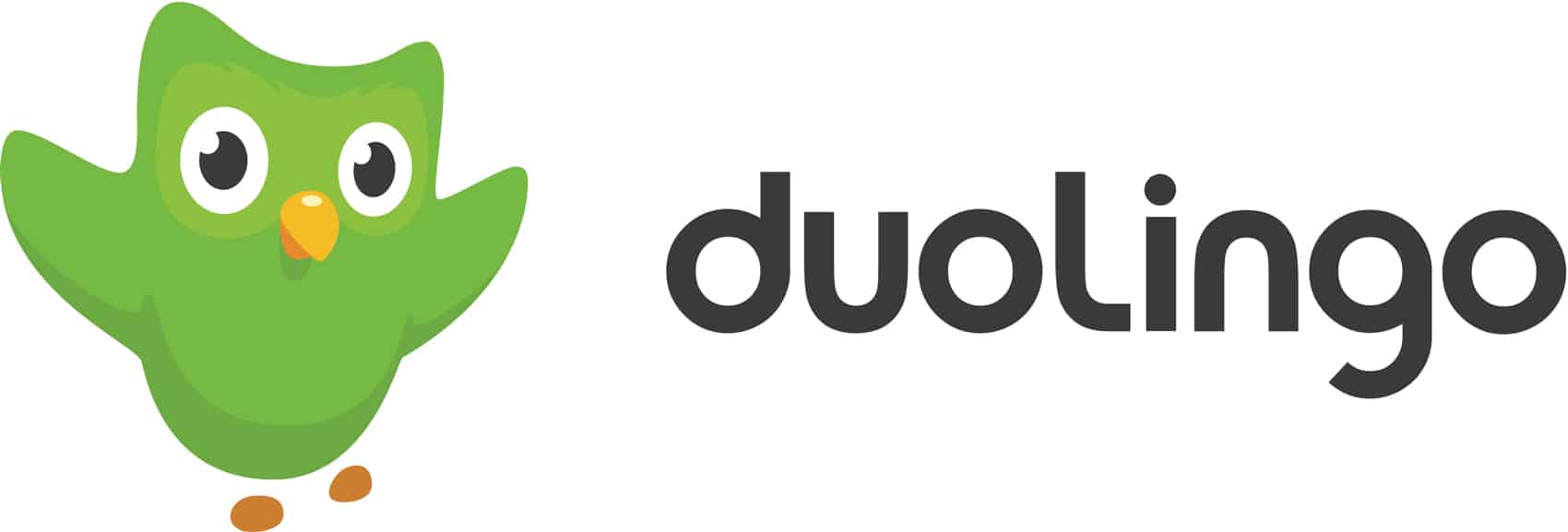The popular language-learning app Duolingo is moving from smartphones into classrooms around Costa Rica.
On Monday, trainers from the Pittsburgh, Pennsylvania-based company showed more than 300 public and private school teachers from across San José, Heredia and Cartago how to use the app in their lesson plans during a free training with the Education Ministry and the nonprofit organization Ideas en Acción.
Proficiency in English – or French, German and Portuguese – is a common requirement for many jobs here and participation in the Costa Rican Investment Promotion Agency’s regular job fairs. Duolingo’s Head of Community, Kristine Michelsen-Correa, told The Tico Times that the company is dedicated to improving access to language education through its free app. The company has 110 million users worldwide and 800,000 in Costa Rica.
As the app has grown in popularity since its launch in 2012, the company realized that educators were using it in their classrooms. The company developed an educational platform, Duolingo for Schools, where instructors can track their students’ progress and assign homework. “We use adaptive learning and science so that each learner gets a personalized experience based on their strengths and weaknesses,” Michelsen-Correa said.
Alongside personalization, the app aims to be entertaining by incorporating games into its lessons. Michelsen-Correa said that Duolingo is meant to supplement – not replace – English instruction in Costa Rican classrooms. Today, teachers in 200,000 classrooms around the world use Duolingo in their lessons.
The app’s timing couldn’t be better. Last August, the Education Ministry ruled that teachers couldn’t take away students’ smartphones in the classroom. Since the phones are already in classrooms, teachers can at least try to make sure they’re being used for educational purposes.
“Mobile is part of students’ daily lives,” Michelsen-Correa said. “This allows teachers a way to enter that part of their lives.”
Ideas en Acción introduced Duolingo to classrooms as a pilot project with three schools in 2014. By 2015, more than 1,500 students were using the app in their lessons, according to a statement from Duolingo. Besides Costa Rica, Duolingo is already active in classrooms in Mexico, Colombia and elsewhere. Duolingo provides its educational tools to governments for free, she said.
One hurdle to expanding Duolingo’s use as a teaching tool is access to technology.
“We understand that the use of the app is based on a certain level of access to technology,” Michelsen-Correa said.
The company has developed a Web-based platform that could be used in school computer labs and offline options for smartphone learners who do not have regular access to Wi-Fi. Duolingo is available on iOS, Android and Windows Phone.
Michelsen-Correa pointed out that 52 million of the company’s 110 million users are studying Spanish, for any foreigners here who want to expand their español beyond “pura vida.”
Correction: Duolingo has 62 million users studying English, not Spanish, as originally reported.






